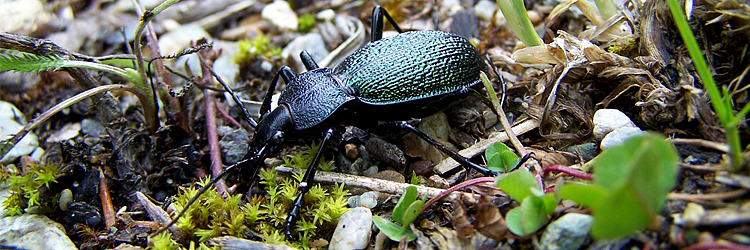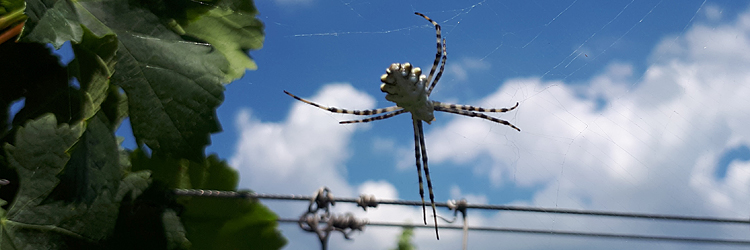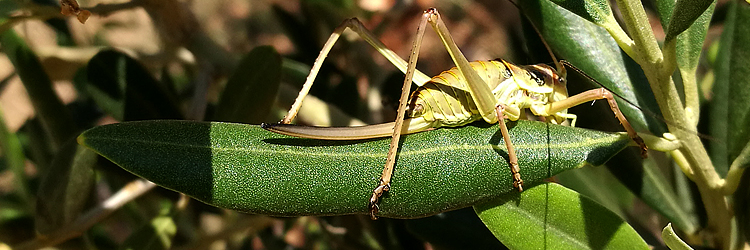Project leader: dr. sc. Lucija Šerić Jelaska
Project co-leader: Professor William O.C. Symondson
Project number: UKF Grant Agreement No 10/19
Co-funding: Cardiff University, Cardiff, Wales, UK and Croatian Ecological Society
Funding: The Unity through Knowledge Fund
Duration: 03. 08. 2019. – 02. 11. 2019. (3 months)
Funding (UKF): 42.000,00 HRK
Co-funding (HED): 4.500,00 HRK
Summary
Ecosystem service of predatory arthropods in Mediterranean agriculture using environmental DNA tool
Intensive agriculture and use of pesticides have changed the quality of European soil, threatening biodiversity and the health of humans who derive their food from it. Furthermore, a negative impact of pesticides on a range of soil biota affects their food webs important for ecosystem functioning. By analysing trophic interactions we could reveal the extent of benefits that certain organisms can provide in biocontrol and maintaining healthy and sustainable ecosystems. Recently complex food web analysis has become possible with the advent of molecular techniques such as Next Generation Sequencing (NGS) in which Professor Symondson and his team at Cardiff University have established a worldwide reputation as leaders. During this visit, trophic interactions of predatory invertebrates within olive orchards and vineyards, will be revealed using NGS to examine the contents of their guts, and the role of predatory arthropods will be analysed. Planned activities will i) generate a substantial dataset of soil biota that will be deposited (many species for the 1st time ever) in The Barcode of Life Data system; ii) allow experience in state of the art tools in exploring food webs; iii) bring the know-how on proposed techniques that will strengthen the research capacities of the Beneficiary Institution (BI) to qualify for EU projects which are of strategic importance for BI that lacks in-house experts in this field; iv) will help BI to play a key role for advancing these research areas in the Region, and in collaboration with other Mediterranean countries. In alliance with farmers, results aim to develop further innovative activities: develop environmental DNA tool, monitoring assay, enhance biocontrol productivity, and provide suggestions for efficient precise agriculture and digital early warning reports of changes within Mediterranean ecosystems, in order to support the highest ecological standards and thus the competitiveness of domestic producers on very demanding global market.

 Pristupačnost
Pristupačnost


